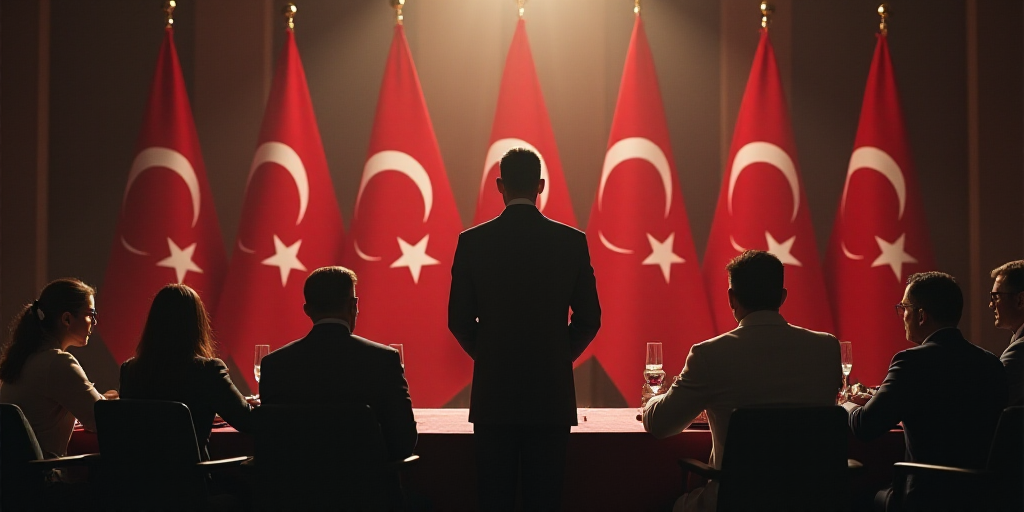Background and Relevance
The recent peace talks between Russia and Ukraine, the first direct negotiations in over three years, concluded in less than two hours without any apparent progress in narrowing the gap between the parties. These discussions took place in Turkey, marking their first face-to-face meeting since March 2022, just a month after Russia’s invasion of Ukraine.
Understanding the context is crucial. Volodymyr Zelenskyy, the President of Ukraine, has emphasized that a comprehensive and genuine ceasefire is his administration’s top priority. This would halt the ongoing violence and establish a solid foundation for diplomatic efforts. Zelenskyy has also warned of imposing harsher sanctions on Russia’s energy sector and banks if Moscow refuses to engage constructively.
Key Developments and Challenges
- Divergent Demands: According to a Ukrainian source, Russia’s demands are “detached from reality and far exceed previous discussions.” These conditions were described as “unworkable and unconstructive” by the same source, speaking on condition of anonymity.
- Lack of Immediate Response:
- Diminished Expectations:
Russia did not respond immediately to these allegations.
The already slim hopes for significant progress were further diminished when U.S. President Donald Trump stated during a Middle East tour that no progress could be made until he met with Russian President Vladimir Putin.
Russia’s Stance and Concerns
Despite these challenges, Russia has maintained that it seeks to end the war diplomatically and is open to discussing a ceasefire. However, they have raised concerns that Ukraine might exploit a pause to regroup, mobilize additional troops, and acquire more Western weapons.
Ukraine and its allies accuse Putin of stalling and question his sincerity in pursuing peace.
Key Questions and Answers
- What were the primary issues discussed? The talks primarily revolved around establishing a comprehensive ceasefire, with Russia expressing concerns about Ukraine’s potential use of a pause to strengthen its military position.
- Why were expectations for significant progress so low? These expectations were already minimal due to the deep-seated mistrust between the parties. The absence of immediate responses from Russia further dampened these hopes.
- What are Russia’s specific concerns? Russia is worried that a temporary ceasefire could allow Ukraine to reinforce its military capabilities and acquire more advanced weaponry from Western nations.
- How has the U.S. involvement influenced these talks? U.S. President Donald Trump’s statement that no progress could be made until he meets with Putin has reportedly diminished expectations for substantial advancements in the peace talks.






